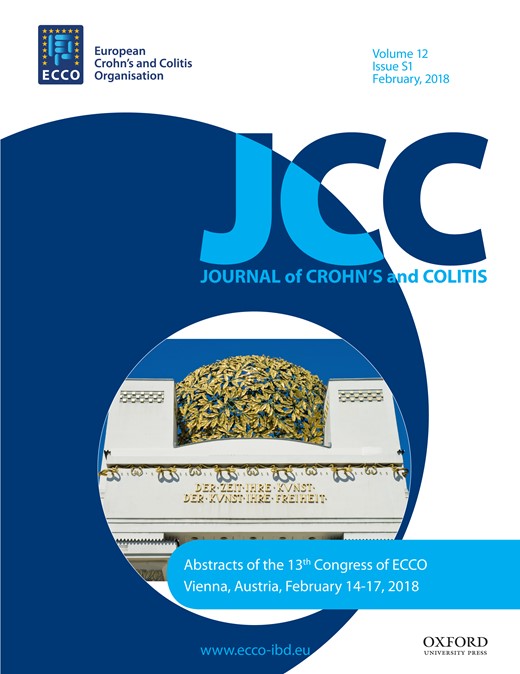-
PDF
- Split View
-
Views
-
Cite
Cite
N Nazarenkov, L Beeken, K Seeger, A Ananthakrishnan, H Khalili, J Lewis, G Konijeti, P652 Nutritional adequacy of popular defined diets for inflammatory bowel disease, Journal of Crohn's and Colitis, Volume 12, Issue supplement_1, February 2018, Pages S440–S441, https://doi.org/10.1093/ecco-jcc/jjx180.779
Close - Share Icon Share
Abstract
A robust evidence base for dietary recommendations for patients with inflammatory bowel disease (IBD) is lacking, and patients are increasingly turning to popular defined diets for management of symptoms and inflammation. However, many proposed diets involve elimination of various foods or food groups, and may exacerbate or inadequately replete micronutrient deficiencies prevalent in many patients with IBD at baseline. The goal of this study was to compare the dietary reference intake (DRI), a collection of reference values assessing nutrient intake from the Institute of Medicine, among various published and/or popular dietary protocols for patients with IBD.
Dietary comparisons of USDA General Recommendations (modified according to recommendations from the Crohn’s & Colitis Foundation for IBD; USDA-CCF), autoimmune protocol (AIP) diet, specific carbohydrate diet (SCD), Crohn’s disease exclusion diet (CDED) ± partial enteral nutrition (PEN), IBD-anti-inflammatory diet (IBD-AID), low FODMAP diet, and gut and psychology syndrome (GAPS) diet were performed. Protocol differences regarding elimination, allowance, duration of elimination and maintenance phases, unique features, and published data regarding efficacy were compared. Typical macronutrient and micronutrient intake with such diets were calculated and compared using published sample menus.
Published data indicate clinical response or remission rates of 40–80% from mostly non-randomised studies (sample size ranging from 9 to 417) across all diets. There are no published data on efficacy of USDA-CCF or GAPS in IBD. Elimination phases range from 2 to 8 weeks, with maintenance phases lasting at least 5 weeks or remaining undefined. For an average 35-year-old man or woman, most diets adequately met macronutrient requirements, except fibre (Table 1). Daily caloric range was 1135–2661 kcal. All diets were sufficient in B12. Iron intake was generally adequate for men (6 of 8 diets), but inadequate for women (1 of 8 diets). Most diets (7 of 8) failed to meet RDI for vitamin D and calcium, while at least 3 of 8 were deficient in omega-3 and zinc.
Limited data are available to guide clinicians on use of dietary protocols for IBD. These results indicate potential for nutritional inadequacy of popular defined diets for IBD. Partnership with registered dietitians are needed to guide patients with IBD in nutrition and dietary intervention. Larger randomised studies are needed to support evidence-based dietary recommendations for IBD.



